June 2021 Biodiversity Spotlight
"If their lives are short, they are merry," and "they still continue on singing till they die." - Benjamin Banneker
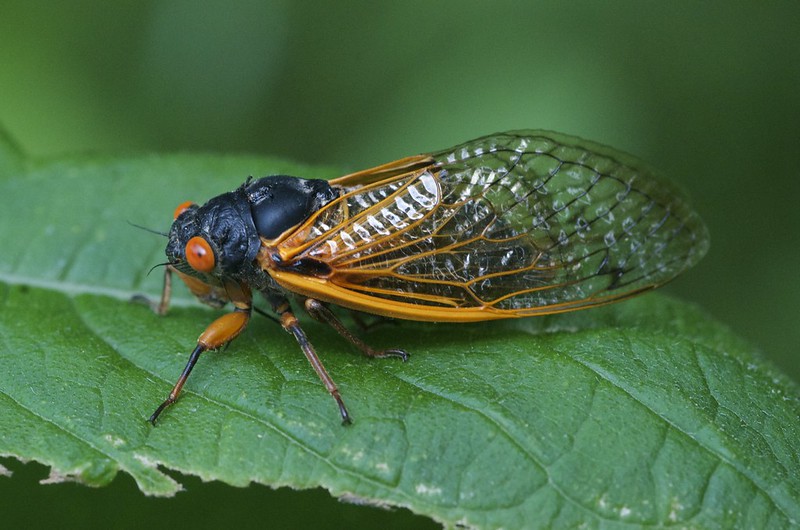
Photo by lalo_pangue on Flickr.
"If their lives are short, they are merry," and "they still continue on singing till they die." - Benjamin Banneker

Photo by lalo_pangue on Flickr.
Contributed by: Molly Phillips
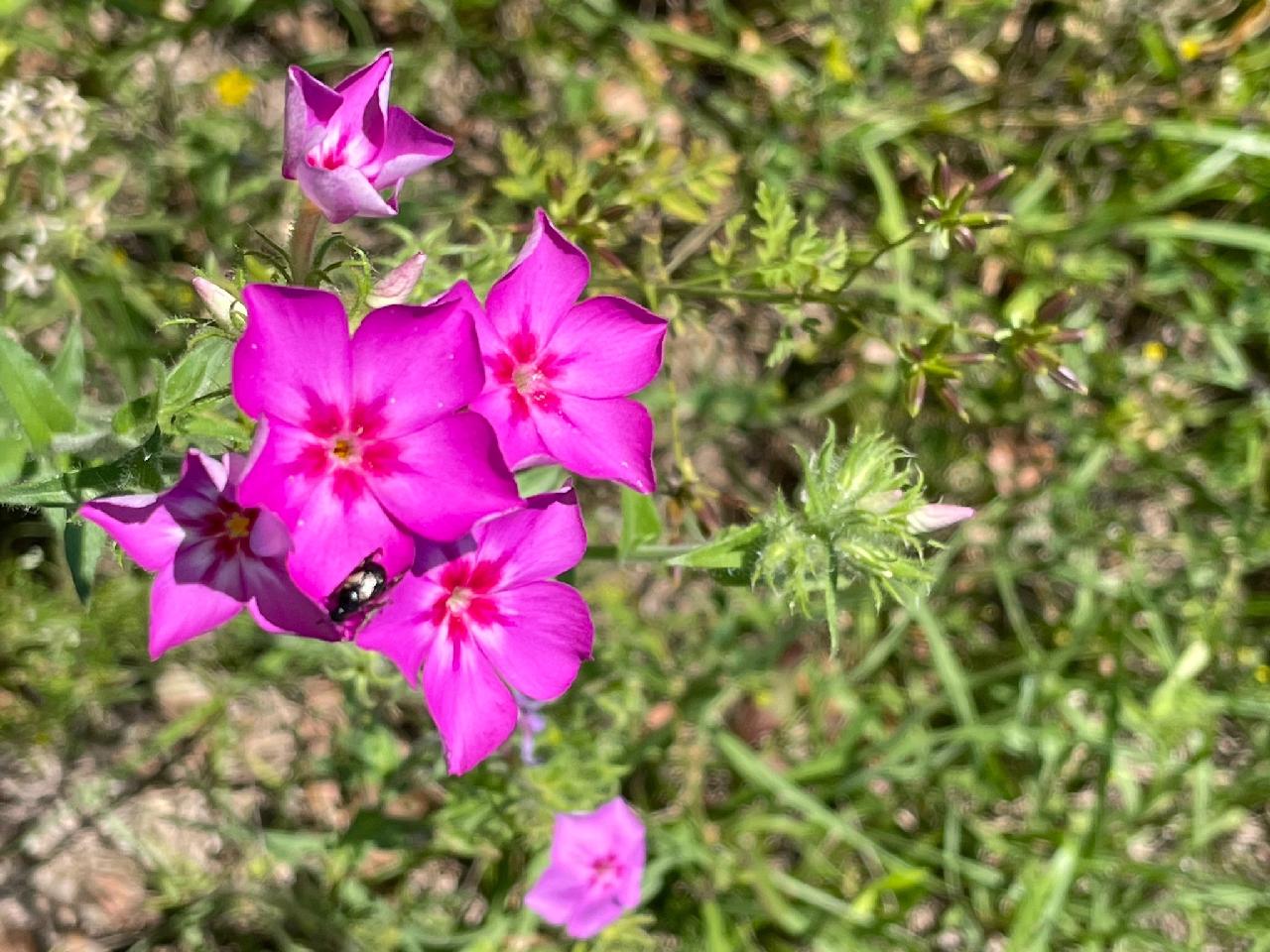
Phlox drummondii found on the roadside in Florida this spring. Photo contributed by Shari Ellis.
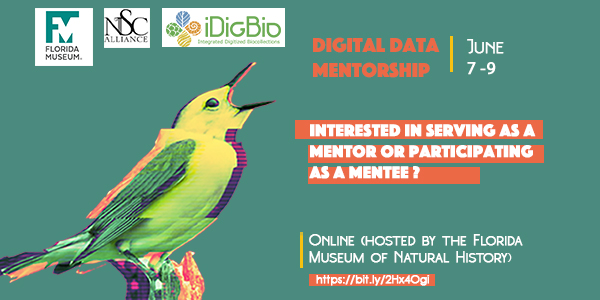 Virtual Mentoring: Since we are virtual again this year we created a way to digitize some of that organic mentoring magic that happens at every conference through a new initiative: the Digital Data Mentorship Program. We will pair biodiversity professionals as mentors with emerging professionals and students as mentees and arrange an opportunity for them to speak informally about research, academia, careers, and beyond!
Virtual Mentoring: Since we are virtual again this year we created a way to digitize some of that organic mentoring magic that happens at every conference through a new initiative: the Digital Data Mentorship Program. We will pair biodiversity professionals as mentors with emerging professionals and students as mentees and arrange an opportunity for them to speak informally about research, academia, careers, and beyond!
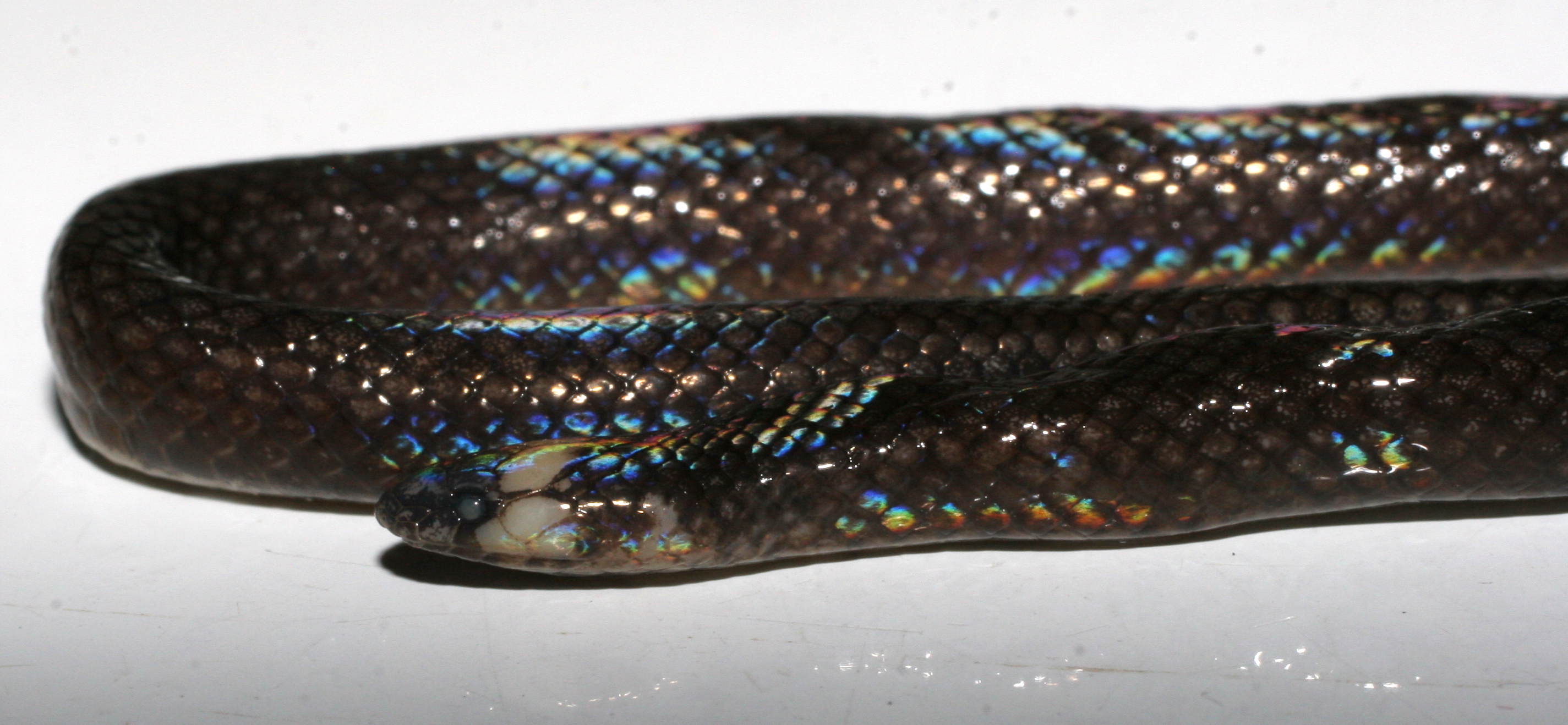
Photo courtesy of Jeffrey Weinell, University of Kansas Biodiversity Institute and Natural History Museum
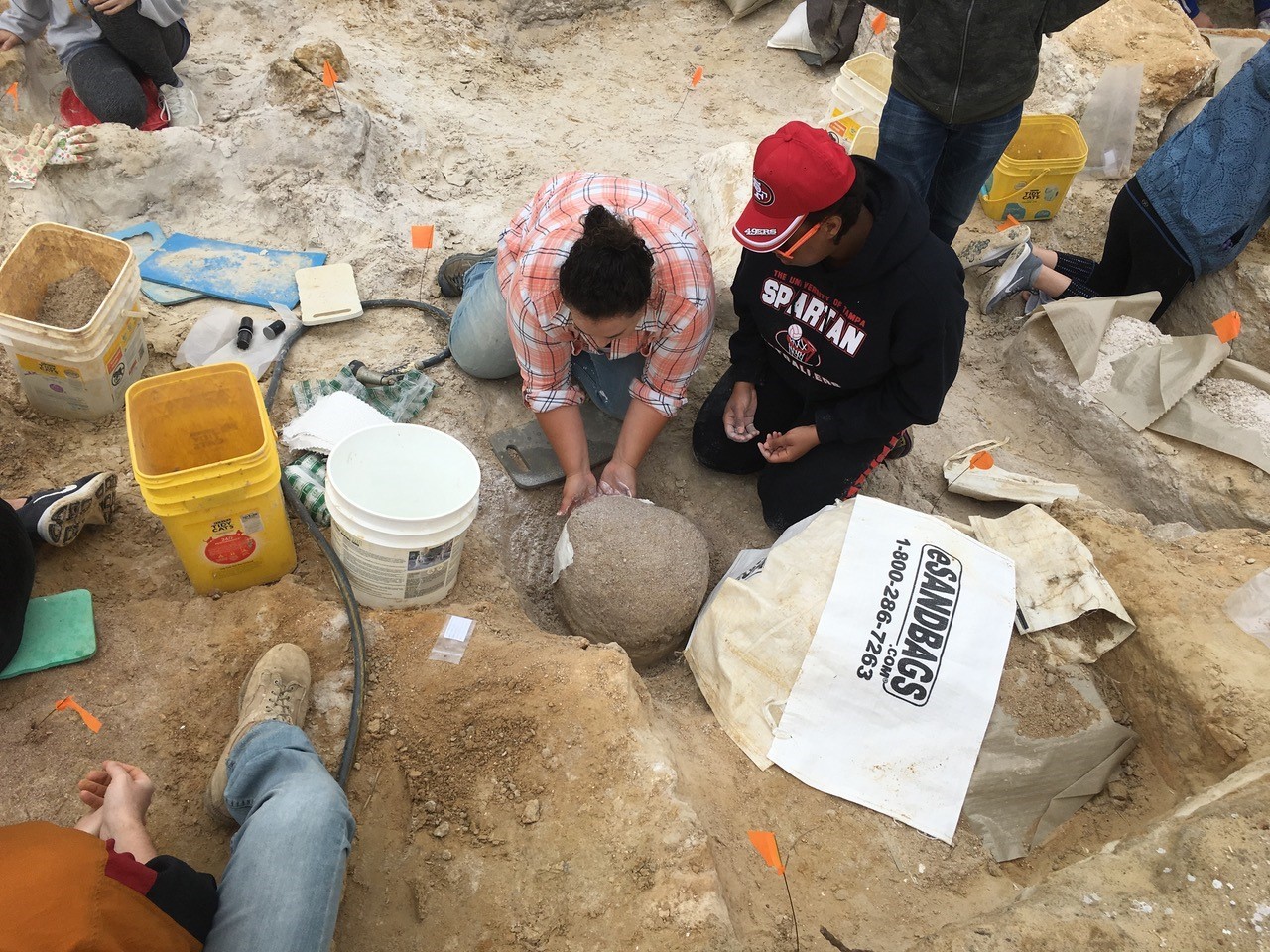
Contributed by: Libby Ellwood, Austin Mast, Robert Bruhn and Kevin Love
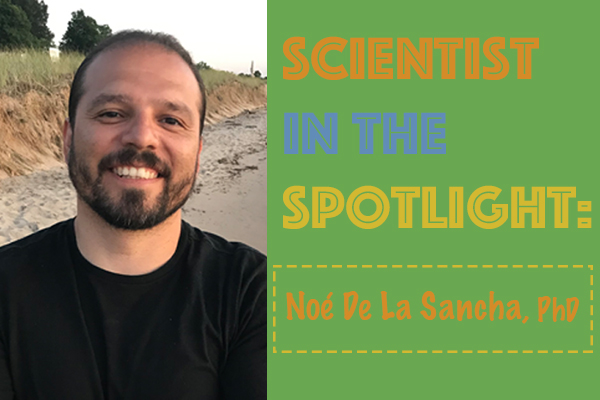
Contributed by: Molly Phillips
Contributed by Cat Chapman
Have you ever been out on a walk through nature, or even in your neighborhood, and saw what appeared to be a clump of tiny leaves, debris, or lichen… only to see it move?
Upon closer inspection of this mysteriously motile clump of detritus, you may see that it has tiny little legs underneath it. It’s alive!
Meet the trash bug!
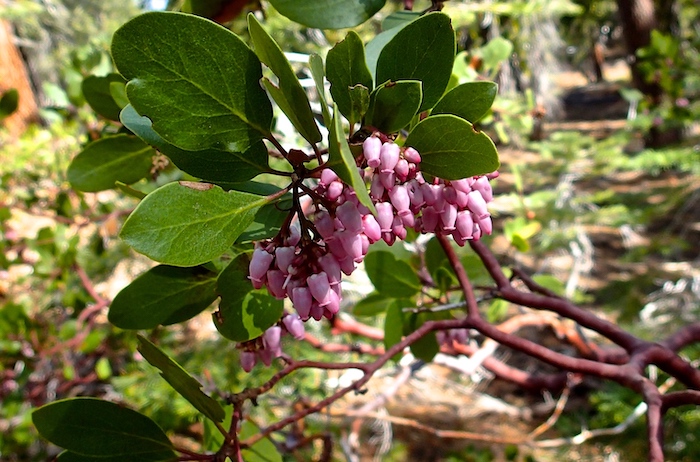
Written by Erica Krimmel.
What can 120-year-old flower buds neatly pressed to paper teach you about climate change? As it turns out, a lot.
Nineteen botany students had the chance to dive into more than a century of California’s plant data this spring in an exploration of the nuances plant life using computer programming and statistical analyses.
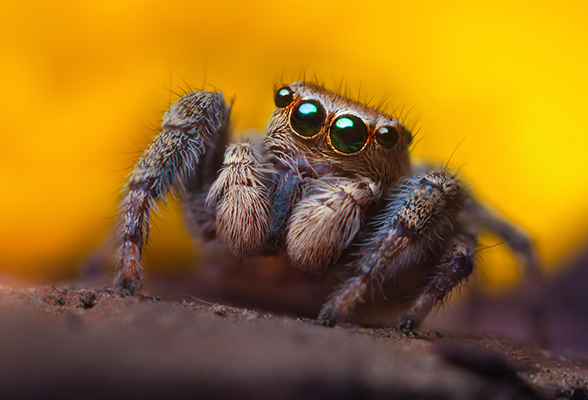

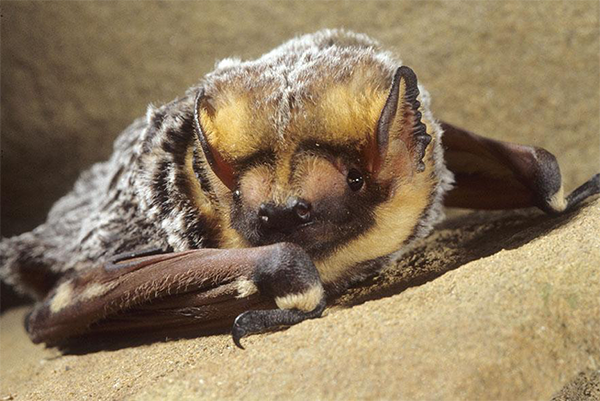
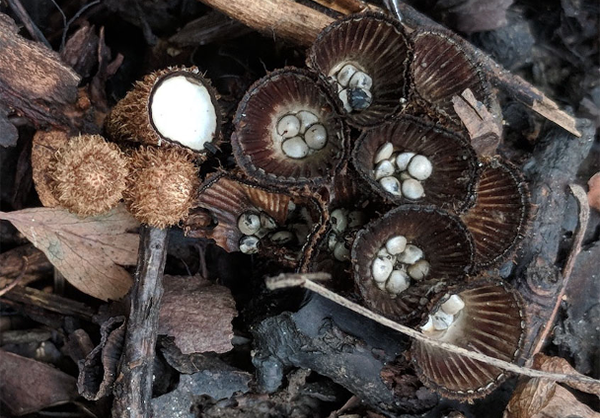
Article by: Nattapol Kraisitudomsook, PhD student from the Smith Lab at the University of Florida
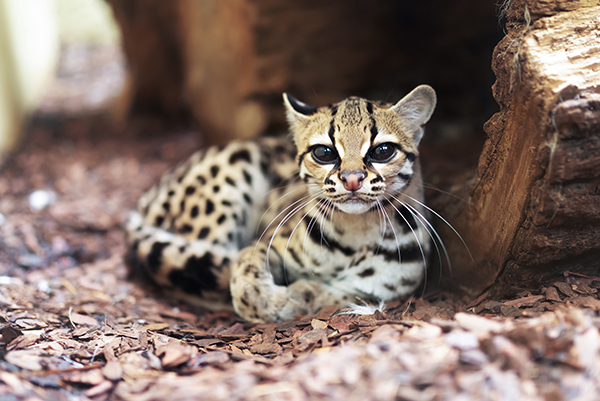
Margay
Article by: Nicholas Gengler, PhD student from UF School of Natural Resources and the Environment
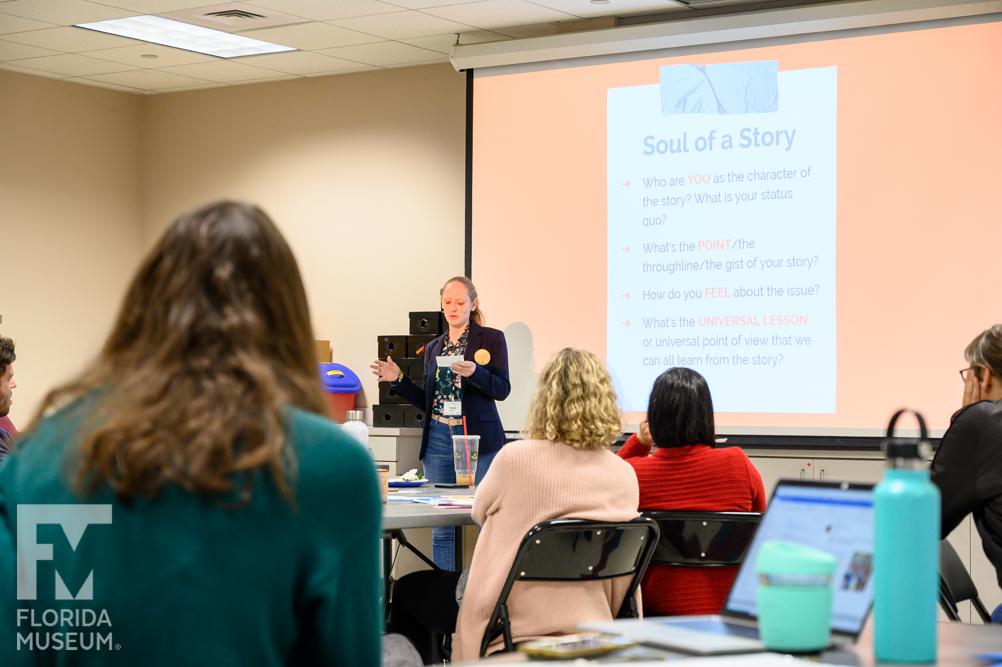
LAWRENCE — In 2015, when researchers at the University of Kansas Biodiversity Institute and Natural History Museum released the free Digital Atlas of Ancient Life app, they didn’t know what kind of reception the smartphone-based field guide might receive.